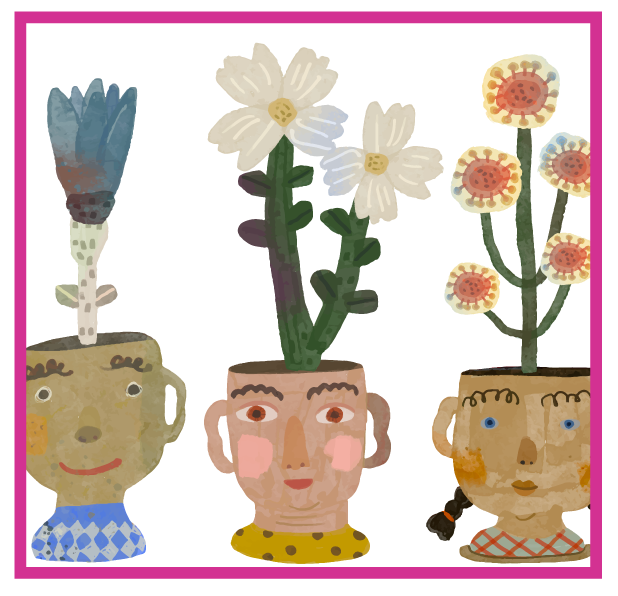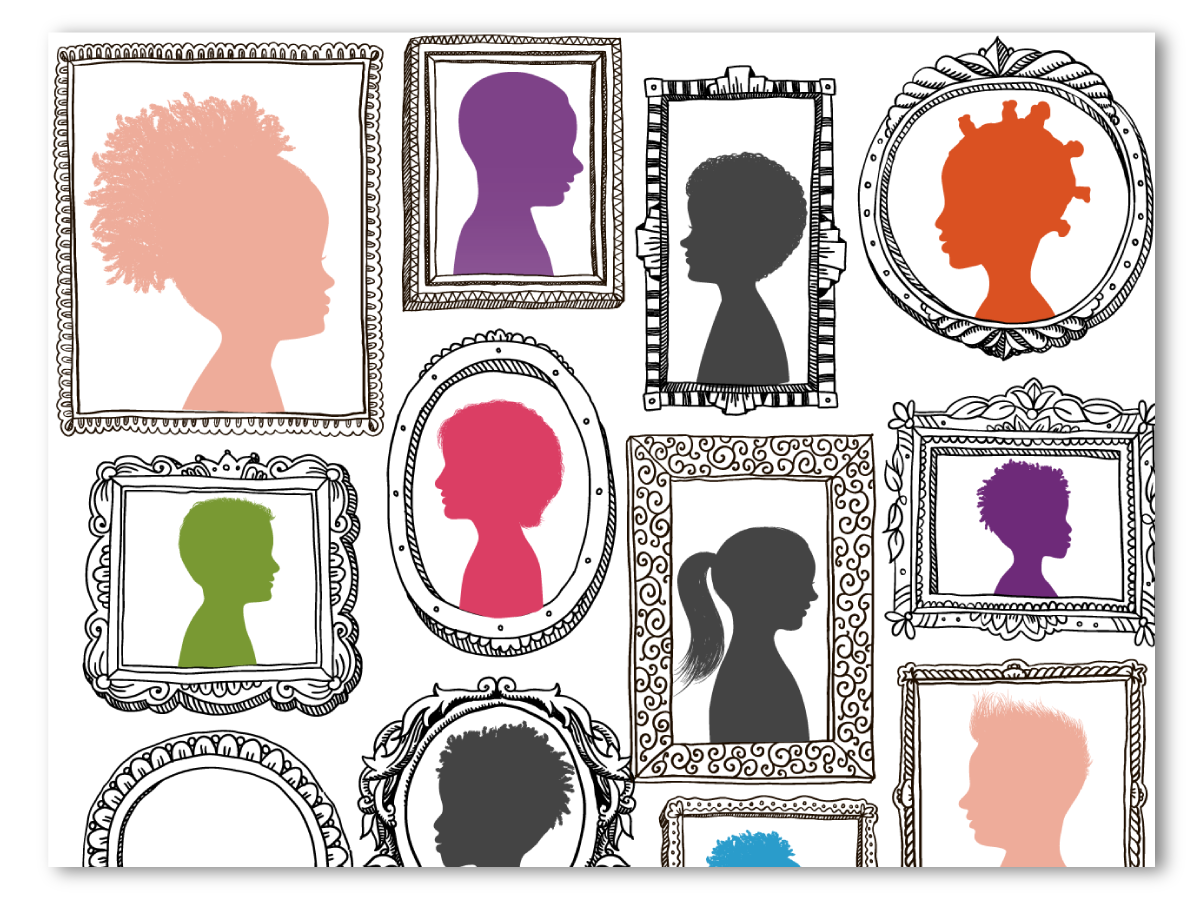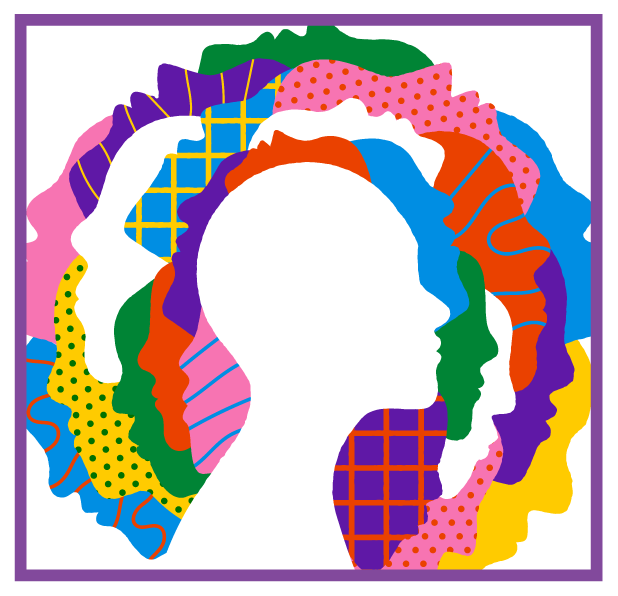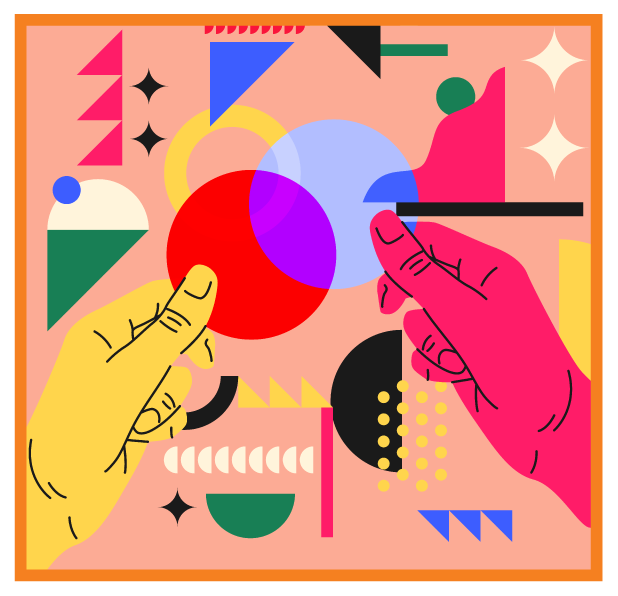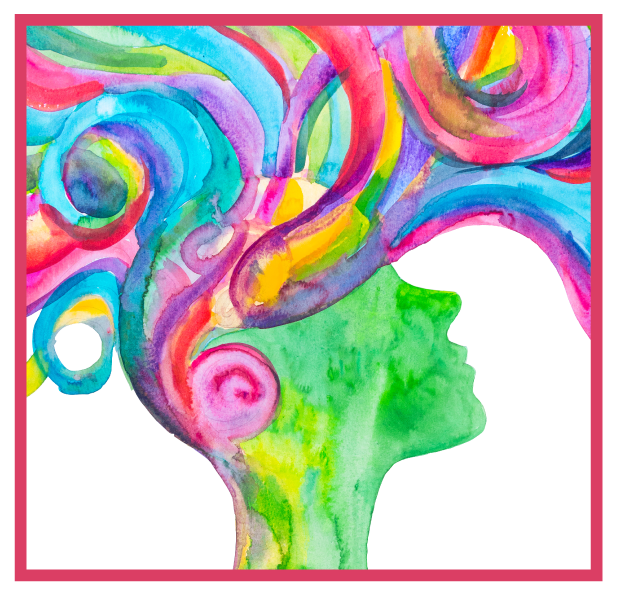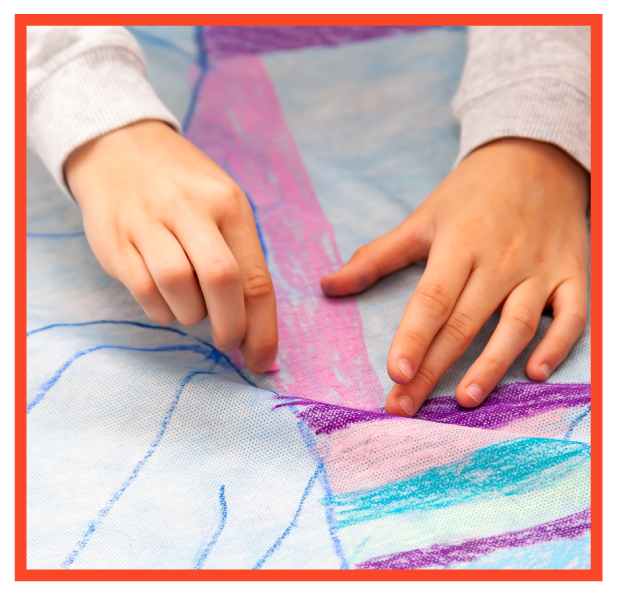
Classroom Best Practices
- Contains 3 Component(s), Includes Credits Includes a Live Web Event on 05/08/2024 at 7:00 PM (EDT)
[May 8, 2024 | 7pm ET] Documentation and portfolios are multifaceted visual records that track, analyze, and represent student growth. The depth of documentation is strengthened through photography, audio recordings, transcriptions of their language, and dedicated time for reflection (for students and teachers). Visual arts portfolios capture the imagination, wonderings, and artmaking actions nurtured through student-centered art education practices and offer connections across grade levels and disciplines. Additionally, student portfolios are an advocacy tool providing insight into student thinking. The webinar presenters will share pre-primary, primary, and preK–12 strategies for organizing and sharing student progress with the broader community. Philosophical influences of Reggio Emilia, TAB, IB, and AP will also be discussed.
-
Register
- Non-member - $49
- Member - Free!
- More Information
-
Register
- Contains 3 Component(s), Includes Credits
[April 17, 2024] This webinar will focus on various ways choice can be implemented in the classroom through the structure of curriculum, digital spaces, physical environments, and classroom routines. We will share examples of skill builders, boot camps, and thematic-based challenges, and strategies to structure student-facing learning management systems and physical stations for different materials to engage students in their own learning journeys. You will also learn simple yet effective classroom routines to promote student autonomy and success.
-
Register
- Non-member - $49
- Member - Free!
- More Information
-
Register
- Contains 3 Component(s), Includes Credits
[November 15, 2023] Join us as we explore ways of advancing and reshaping the museum space in praxis toward racial literacy, cultural humility, and radical equity and inclusion. How can museums take the lead in dismantling dominant narratives, removing real and perceived barriers to visitor participation, and learning new ways of being? This webinar examines both theory and practice in transcending traditional historical identities of museums and examines the potential for trust-based museum processes that are rooted in community and belonging. Drawing on decolonizing perspectives, as well as lived experience, we will examine art museum spaces and explore ways to develop more equitable narratives.
-
Register
- Non-member - $49
- Member - Free!
- More Information
-
Register
- Contains 3 Component(s), Includes Credits
[November 8, 2023] The COVID-19 pandemic negatively impacted learning of all kinds with our youngest students being affected greatly from the shift to remote learning. In this webinar we will explore how to incorporate social–emotional learning and culturally responsive attributes in your teaching practices to develop more inclusive and collaborative learning experiences that promote creativity and self-expression in a post-pandemic world. We will also examine the continuum of choice in the art room as a way to increase student agency, voice, and skill development, as well as how to address student needs and reinstill a love of learning within a positive, engaging, and supportive learning environment.
-
Register
- Non-member - $49
- Member - Free!
- More Information
-
Register
- Contains 3 Component(s), Includes Credits
[August 9, 2023] Some things never change, and lesson planning is one of them, right? We learn to write lesson plans following a template as part of our teacher preparation program, and different school district norms may require minor changes to the format, but the lesson planning process is similar to how it’s always been. Or is it? More art educators are taking up the challenge of creating classroom environments to support self-directed learning by adopting pedagogies that encourage student inquiry and choice while focusing on the development of artistic behaviors. By doing so, certain questions may arise, such as: Will traditional lesson-planning methods allow for the open-endedness implied by these shifts? How might our planning reflect the much-discussed goals of culturally responsive teaching, social–emotional learning, or the promotion of a culture of belonging? How do we plan for differentiated instruction? How do we plan for assessment? What role do national, state, and district standards play in the process of lesson planning? What types kinds of planning templates best accommodate shifts in focus and pedagogy? Join us to reflect on these and other questions as presenters share experiences and examples of preK–12 lesson planning.
-
Register
- Non-member - $49
- Member - Free!
- More Information
-
Register
- Contains 3 Component(s), Includes Credits
[July 19, 2023] A well-developed, current curriculum provides many benefits for students and teachers. A curriculum that lays out course objectives and content sequencing allows the teacher to focus on designing specific lessons and assessments to teach individual students effectively. Additionally, curriculum planning helps a teacher ensure that standards are being addressed and met. This webinar will include presenters from elementary, middle, secondary, and higher education to provide a balanced review of this important activity.
-
Register
- Non-member - $49
- Member - Free!
- More Information
-
Register
- Contains 2 Component(s), Includes Credits
[May 3, 2023] Learner-centered art education recognizes the potential of art education as an entry point for culture and connection through the lived experiences of a learning community. Join a panel of educators who explore curriculum and pedagogy at the center of learner inquiry using multimodal approaches centered on stories, context, and meaning-making.
-
Register
- Non-member - $49
- Member - Free!
- More Information
-
Register
- Contains 2 Component(s), Includes Credits
[April 5, 2023] What is inquiry? How do we encourage inquiry in our art rooms? Are inquiry and creativity connected? What does inquiry-based learning look like in the studio? Why is authentic inquiry important? Join us for answers to these and other questions as we discuss the research on, importance of, and relationship between inquiry and art education. The art education landscape is shifting to better support the emergent needs of contemporary learners. Pedagogies that embrace culturally responsive teaching, social–emotional learning (SEL), and trauma-informed teaching find commonality in student-centered, choice-based learning models. In these models, learners develop strategies for creating and using lines of inquiry to hypothesize, investigate, and solve problems. We will look at scaffolding inquiry to foster intrinsic motivation, feeding our students exploratory experiences which empower them to pursue their own independent line of inquiry, and supporting inquiry in various classroom situations. The presenters will share both research-based applications and real-world experience in preK–12 educational settings.
-
Register
- Non-member - $49
- Member - Free!
- More Information
-
Register
- Contains 2 Component(s), Includes Credits
[January 11, 2023 ] There are many therapeutic possibilities of artmaking with youth, and your art room can be a healthy space for this to happen. Explore pedagogical practices and classroom structures through the lens of the mental health needs of all students, including developing a sketchbook practice for nonverbal communication and building a safe and trusting environment in the art studio. Discover new ways to address and support student behaviors that prevent engagement and joy in artmaking, such as perfectionism or lack of confidence. Sample project and activity ideas offering a range of therapeutic benefits to student artists in Grades K–8 will be shared.
-
Register
- Non-member - $49
- Member - Free!
- More Information
-
Register
- Contains 2 Component(s), Includes Credits
[December 7, 2022] Join us as we explore nurturing gifted and talented students in Title I schools. Come away with curriculum examples, lessons addressing community-specific needs, and fresh theories and philosophies of teaching that can help lead your students to take creative risks to help them grow and develop in the arts. Presenters will share dual approaches to expanding student progress, equipping you with enhanced support to help students find their voices as artists.
-
Register
- Non-member - $49
- Member - Free!
- More Information
-
Register
| Access Date | Quiz Result | Score | Actions |
|---|
